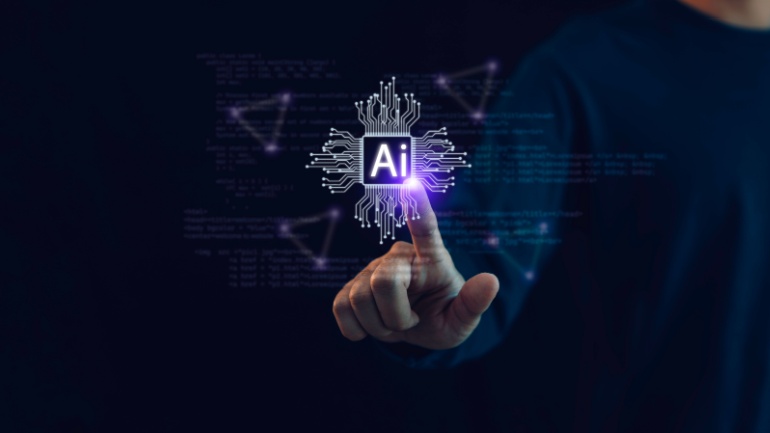Meta’s recent decision to resume using public content from UK users on Facebook and Instagram for AI model training showcases a strategic move to enhance its AI capabilities. This change, following regulatory discussions, aims to better reflect British culture and language, keeping Meta competitive in the AI landscape.
Modal Labs leverages Oracle Cloud Infrastructure (OCI) to enhance AI model efficiency for inferencing, fine-tuning, and batch processing. OCI’s bare metal instances offer significant price-performance benefits, allowing customers to scale AI workloads swiftly while only paying for what they use. This integration aids developers by accelerating code deployment and improving outcomes.
Oracle has unveiled new capabilities for its HeatWave technology, boosting generative AI integration on Oracle Cloud Infrastructure (OCI) and AWS. These enhancements streamline AI application development and manage complex transactional workloads efficiently. Key features like in-database large language models and automated vector processing offer a significant price-performance edge.
Chinese telecommunications giant ZTE Corporation has partnered with Indonesian mobile operator Smartfren to deploy AI-based Radio Access Network (RAN) computing. Integrating artificial intelligence into RAN systems optimizes resource allocation in real-time, leading to a 15% boost in user experience and a 5% increase in network traffic.
Telecom industry enthusiasts should stay updated on the latest trends and regulations, such as the groundbreaking Framework Convention on Artificial Intelligence. This AI treaty, designed by the Council of Europe, aims to align AI technologies with human rights and democracy while fostering innovation.
SK Telecom is revolutionizing its AI service, “A.”, with a focus on enhancing the natural conversational experience and comprehensive daily management. The newly revamped app, featuring multi-agent support and LLM integration, allows users to manage calendars, schedules, and routines through intuitive voice commands.
Juniper Networks has announced its Blueprint for AI-Native Acceleration, designed to simplify deploying its AI-Native Networking Platform. This framework offers educational resources, trial opportunities, and flexible licensing to help businesses achieve a rapid return on investment. With AI-driven networking, expect up to 90% fewer network trouble tickets and faster deployments.
Micro Plus Software Ltd, known as Tollring, has formed a strategic equity alliance with Amity Solutions to enhance voice analytics and recording through Generative AI-powered applications. This collaboration will expand Tollring’s global reach and product offerings, leveraging Amity’s AI Lab resources to provide cutting-edge AI capabilities and comprehensive communication solutions.
Radware has launched EPIC-AI, an advanced AI-powered platform designed to revolutionize cybersecurity solutions. With state-of-the-art algorithms, EPIC-AI ensures precise, hands-free security for cloud, on-premises, and hybrid environments. This innovative technology enhances protection accuracy, expedites resolution times, and reduces costs, addressing the increasing risk levels from automated cyber-attacks and regulatory complexities.
Dialpad has launched its latest AI Sales tool, built on DialpadGPT, enhancing the sales process through real-time coaching powered by over six billion minutes of business conversations. The tool integrates with existing systems like Salesforce, simplifying operations and providing sales teams with accurate data, ultimately streamlining their workflow and boosting efficiency.













